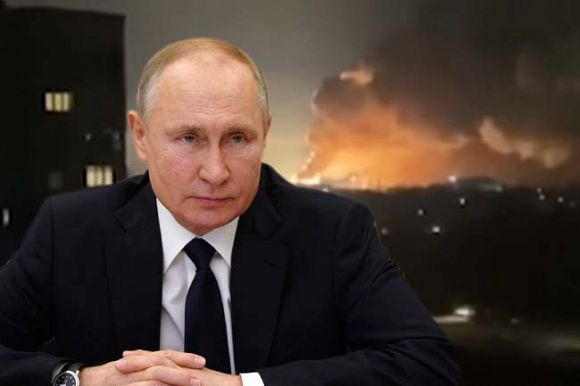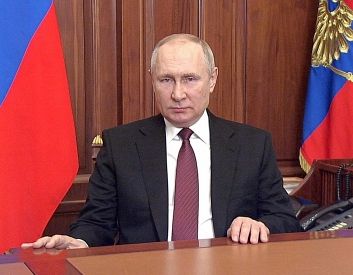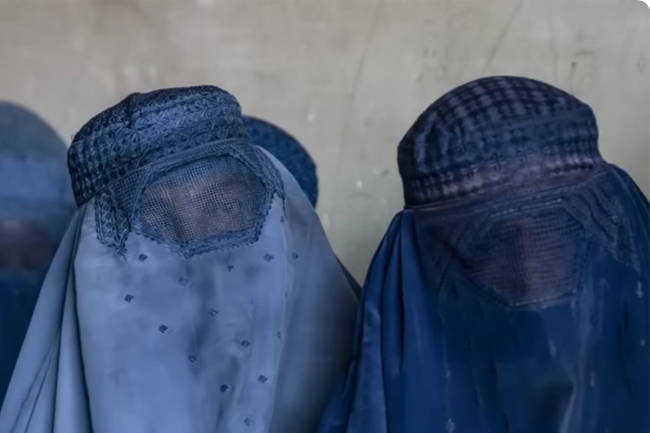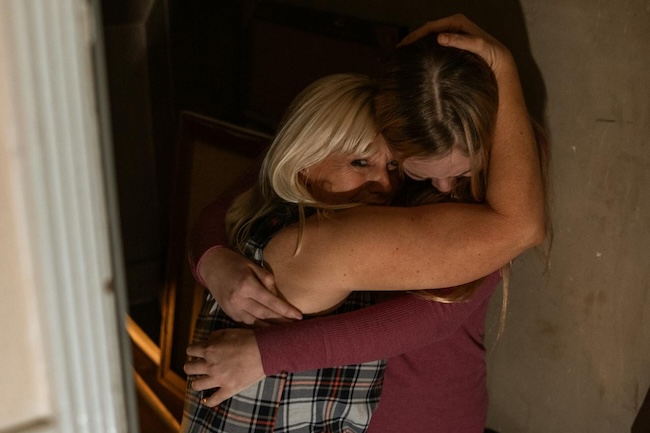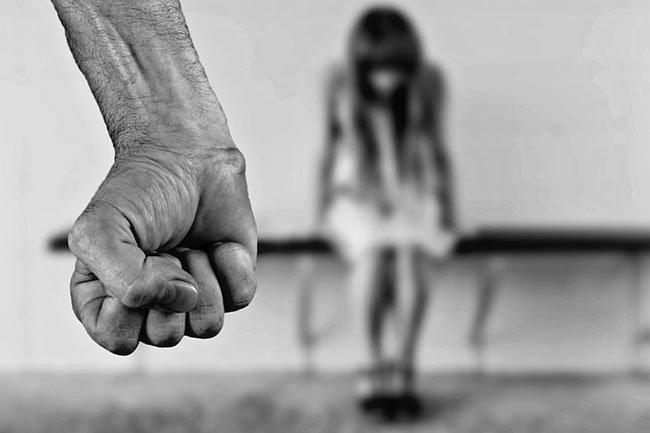We have all watched in horror as Russian troops have advanced on Ukraine.
Civilian buildings have been blown up, Ukrainian mothers have desperately tried to get their children to safety and fathers have cried as they say goodbye to their children as they leave to fight the invading Russians.
Nobody should have to experience this, nobody should have to run for their lives because bombs are being dropped on them, no child should have to hide in bunkers under the ground and no mother should have to shield her child from oncoming bullets.
I feel the horror of war in general. Having conducted my doctoral fieldwork on child soldiers in Colombia and having travelled to a number of conflict areas in Iraq, Afghanistan, Algeria and Lebanon, I have become familiar with some of the darkest depths of humanity that can be reached during these times of suspended civility.
Though what has stood out for me the most during these experiences has been the truly horrendous consequences that conflict can have on women and girls.
Rape has long been a weapon of war, where soldiers play out their horror show on women’s bodies. Whether it is due to the lawless environment, a lack of empathy for the suffering they cause or just because quite simply it is the suffering that they enjoy, rape always runs rife during conflict.
A UN report on sexual violence and armed conflict for example, reported that during World War II, all sides of the conflict were committed mass rapes. However, the Tokyo or Nuremberg trials that took place at the end of the War acknowledged sexual violence as a crime.
Since then, the UN estimates that in Rwanda between 100,000 and 250,000 women were raped during the three-month genocide in 1994. More than 60,000 women were raped during the civil war in Sierra Leone (1991-2002), more than 40,000 in Liberia (1989-2003), up to 60,000 in the former Yugoslavia (1992-1995), and at least 200,000 in the Democratic Republic of the Congo since 1998.
However, as the UN points out, in conflict zones for every one rape, it is estimated between 10 and 20 are not reported.
Despite this, it was only in 1992, after the horrific widespread rapes of women in the former Yugoslavia, that sexual violence was first considered as a serious crime by the UN Security Council.
Though it is not just in the midst of the battlefield itself that women are subjected to sexual abuse. Conflicts result in displacement and with displacement comes vulnerability and with vulnerability comes sexual harassment.
In Lebanon, I met with many Syrian women who had fled across the border to escape the fighting in their country. They were living in refugee camps, some of them were alone with their children and all of the women I spoke to reported widespread sexual harassment from Lebanese men. When trying to find work, for example, they reported being relentlessly asked for sexual favours from their Lebanese employers who knew that they had few other options.
One woman even reported a bus driver asking her for sexual favours just to enter the bus.
In another Syrian refugee camp, this time in Iraq, I heard similar stories of harassment and rape, though the perpetrators were primarily other Syrian refugees. One woman who came to speak told me that her husband escorted her everywhere. The risk of being harassed or something far worse if she moved alone was far too great. Groups of men would enter the tents of women alone with their children to assault them, I even heard of elderly men being harassed by groups of refugee men.
In another part of Iraq, I visited a small, makeshift home of some Yazidi women who had fled the threat of genocide and sex slave markets when ISIS invaded their home. However, instead of finding safety, what they instead found was relentless harassment. In fact, all of the Yazidi women I met, who had just escaped some of the worst atrocities known to humankind, reported widespread sexual harassment from the local men.
What I have learned from all of these experiences, is that in situations of conflict and war, women and girls are always made the most vulnerable to the horrors of war.
So as we watch the events play out in Ukraine, as a woman, we should feel the terror that no doubt so many Ukrainian women are feeling. A terror that is not just about the fear of being bombed, of losing their home or having occupiers take over their land. It is also the fear of rape and violent sexual assault, for which there will most likely never be any justice.
The world has made some moves towards punishing sexual violence during conflict. The Statute of the International Criminal Tribunal for the former Yugoslavia, for example, has included rape as a crime against humanity and in 2001 was the first international court to find an accused person guilty of rape as a crime against humanity.
In 1994, the International Criminal Tribunal for Rwanda also declared rape to be a war crime and a crime against humanity.
The Rome Statute of the International Criminal Court, put into place in 2002, includes rape, sexual slavery, enforced prostitution, forced pregnancy, enforced sterilization, or ‘any other form of sexual violence of comparable gravity’ as a crime against humanity when it is committed in a widespread or systematic way.
However, these actions are not enough. Such laws cannot be successful without a fundamental change in people’s attitudes towards the sexual abuse of women.
As a global community, we need to do more to speak up to say no to any form of sexual harassment or assault. We need to shame perpetrators and demand action from governments and military leaders to control their soldiers, including when they are undertaking "special military operations".
So while many of us may feel helpless during situations of conflict, there is still much that we can do. We can ensure that in our own societies and amongst our own friends and family, we not only acknowledge that sexual violence takes place but that we also strongly condemn it. With social taboos come strong laws and with strong laws come strong deterrents.
By instilling a moral compass inside our own people that unequivocally demands that rape and sexual harassment is wrong, when a war does break out, rape and sexual violence will be taken seriously as a crime and those guilty of such crimes will be punished in war crime tribunals once the conflict has come to an end.
We need to insist that there is never a moment, nor has there ever been a moment throughout history, where rape or sexual harassment is acceptable, even during the worst of times and that includes right now with what is taking place in Ukraine. By doing that, we can take strong actions to keep future generations safe from the true horror that is sexual violence.
Johanna Higgs is an anthropologist and founder of Project MonMa, which advocates for women’s rights around the world.
Related Articles
- Like Vietnam, Ukraine dragged into bloody conflict
- Ukraine: Three decades after the Cold War, back to open conflict
- USA and Europe react to Russian moves against Ukraine
- MH17: Re-evaluating the tragedy after the ceasefire
- What is the truth about Ukraine and MH17?
 This work is licensed under a Creative Commons Attribution-NonCommercial-NoDerivs 3.0 Australia License
This work is licensed under a Creative Commons Attribution-NonCommercial-NoDerivs 3.0 Australia License
Support independent journalism Subscribe to IA.




